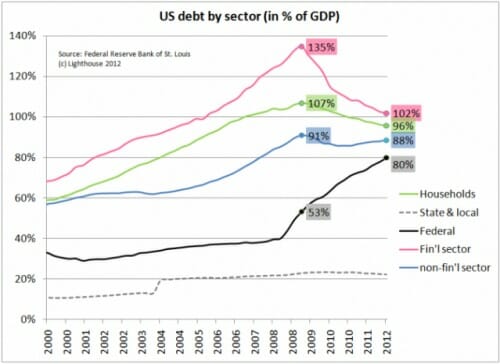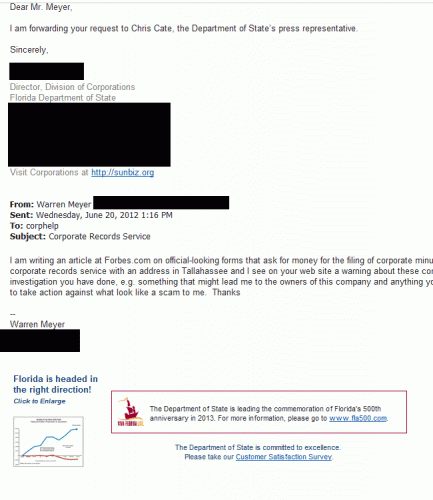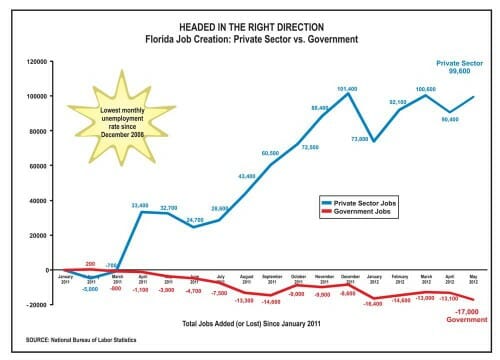In my younger, more naive days, I would have drawn the following lesson from this story: "Never create a business plan predicated on subsidy checks from the government. They may stop at any time." I still think this is mostly true, as FirstSolar is finding out. But my sense is that a range of folks from GE to Kleiner Perkins still get their checks. So one may cynically rewrite the rule: "Never create a business plan predicated on subsidy checks from the government unless you are confident you have the political connections to guarantee and expedite the payments."
It seems like local solar company perfect power tried to feed at the government trough without actually having sufficient clout in the corporate state. Bad idea
About 100 Arizona homeowners who paid $4,500 up front for solar-power systems fear they may never get their rooftop panels after being left waiting for months by the installation company.
Angry homeowners are demanding their systems or refunds. The company, Perfect Power Solar, is blaming the delays on federal government red tape.
Perfect Power owner Lynn Paige said the company has cash-flow problems because energy grants that were supposed to provide substantial funding of the solar systems aren't being approved quickly enough. She pledged to deliver the systems or refund all customers by the end of the year.
Treasury officials would not comment on the situation. Government e-mails sent to Paige suggest Perfect Power's grant applications were incomplete. In them, officials point to problems with submissions and warn of potential denials.
Industry experts and owners of other solar companies in Arizona said that the grant program is fraught with risks for solar companies and that some built business models based on future payments from the government without the financial reserves to cope with delays. They describe the situation as a high-tech gamble that some companies lost.
Residential solar-power systems cost $15,000 to $40,000. The Section 1603 grant program, part of the American Recovery and Reinvestment Act, offered developers cash to offset 30 percent of the costs. Although the program was not available to homeowners, some companies tapped the grants to sell residential solar systems as leases. A company would install and own the system, then lease it to a homeowner.
Program rules required developers to complete installations before they could apply for reimbursement. But funding was not guaranteed, and even after systems were built, the government delayed approval of some applications and denied others.
If this was one of Kliener Perkins' companies, for example, Ray Lane would just call the White House and get his money released. If your solvency depends on continued flow of taxpayer cash, you better have the clout to keep the money flowing or you are likely to get hosed. Bureaucracies tend to have default answers of "wait" and "no". Those are the answers average people without pull are going to get. The "yes" goes to those who cut through the red tape from the top. These yeses, like the ones to Solyndra, only make it more likely everyone else get the "no" answer, as the agencies need to show they are being particularly diligent to offset the impression of sloppiness they get from the Solyndra-type cases.
Retroactively, the company's leadership has figured this out, that to survived at the government trough, they have to go political
Paige has asked customers not to file complaints or talk to the media about problems the company is facing.
"It has been very unhelpful ... that a few customers have chosen to write very negative letters to the BBB," she wrote in a May e-mail to customers.
Instead of filing complaints, Paige said, customers should write to Arizona U.S. Sens. John McCain and Jon Kyl to request their help in freeing up the government grant money and to pressure the Treasury Department....
That month, the BBB revoked Perfect Power's accreditation and gave the company an F rating. The company had 16 complaints filed against it the past year. The registrar shows four open complaints against Perfect Power; a fifth complaint was listed as settled or withdrawn.
Forget about the customers. Let's just focus our attention on our two Senators.






